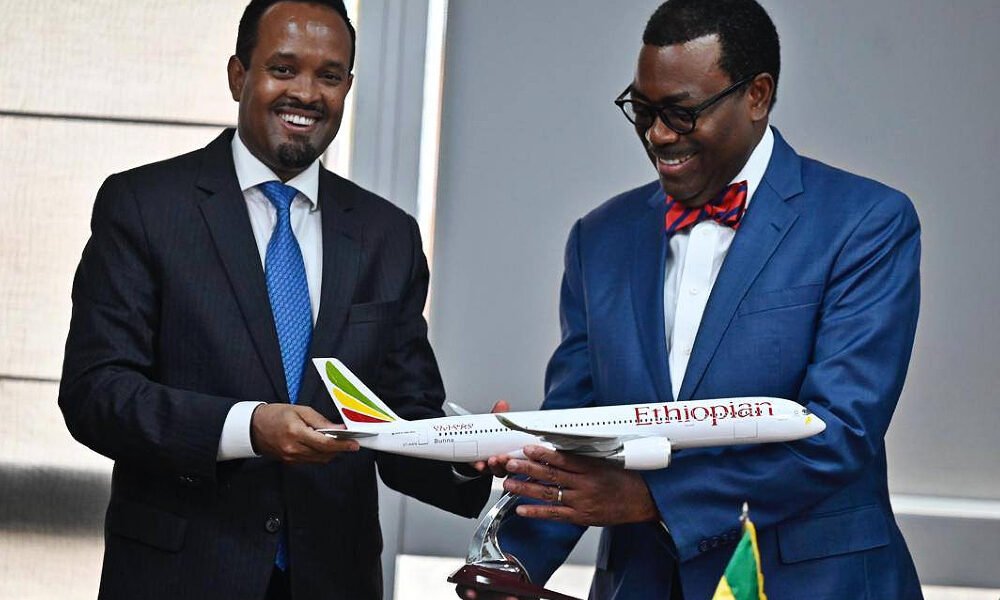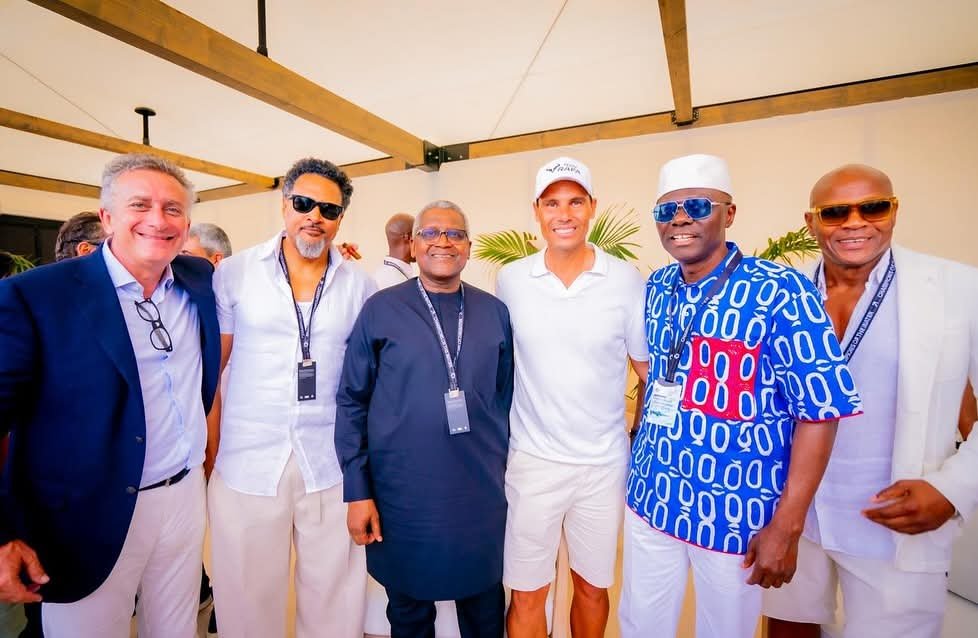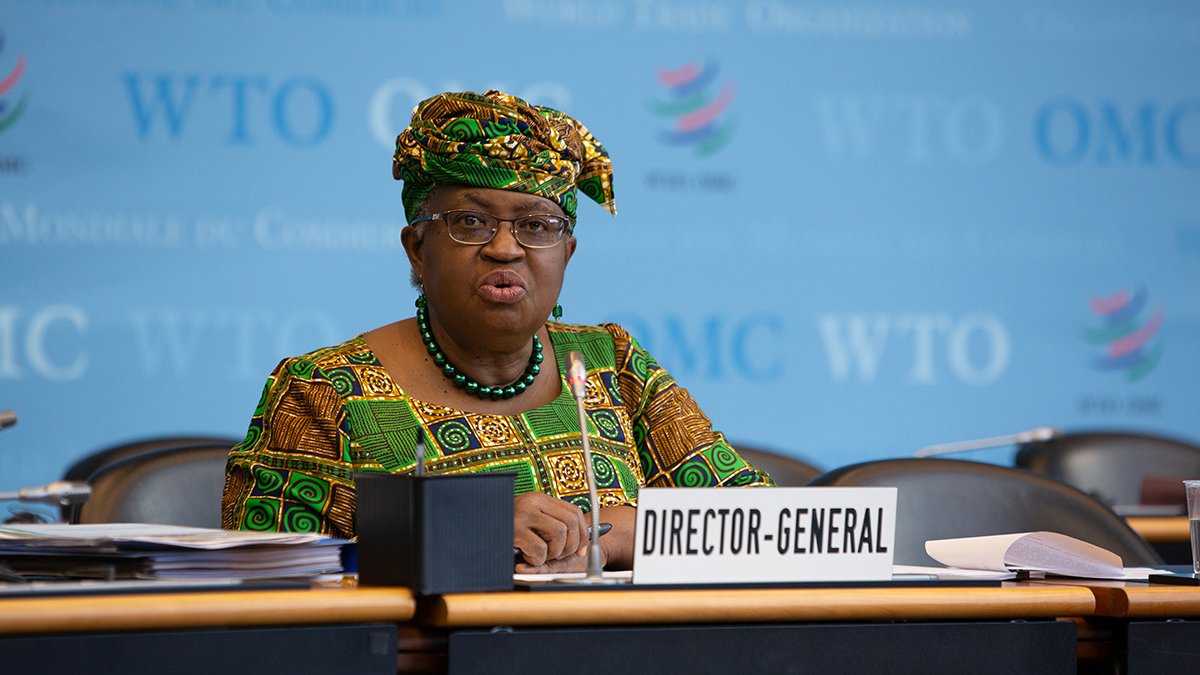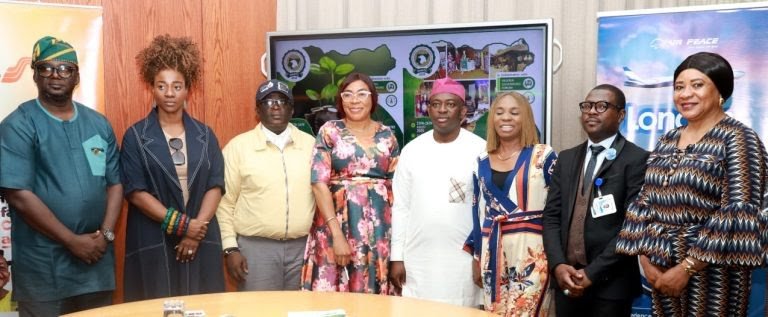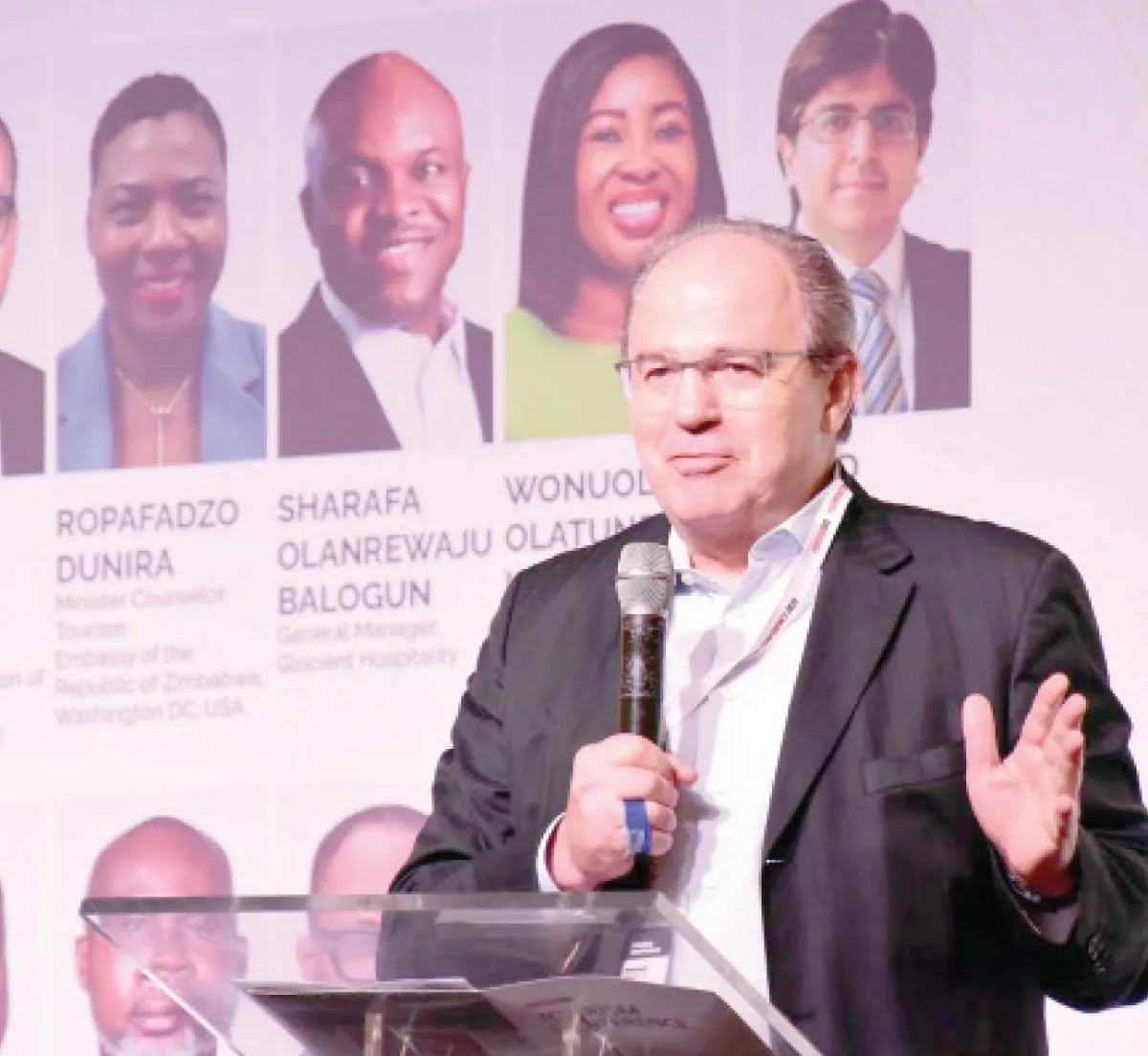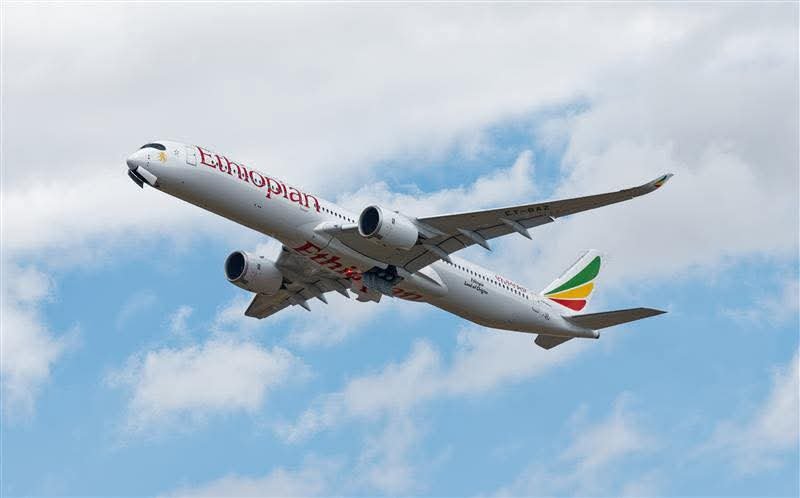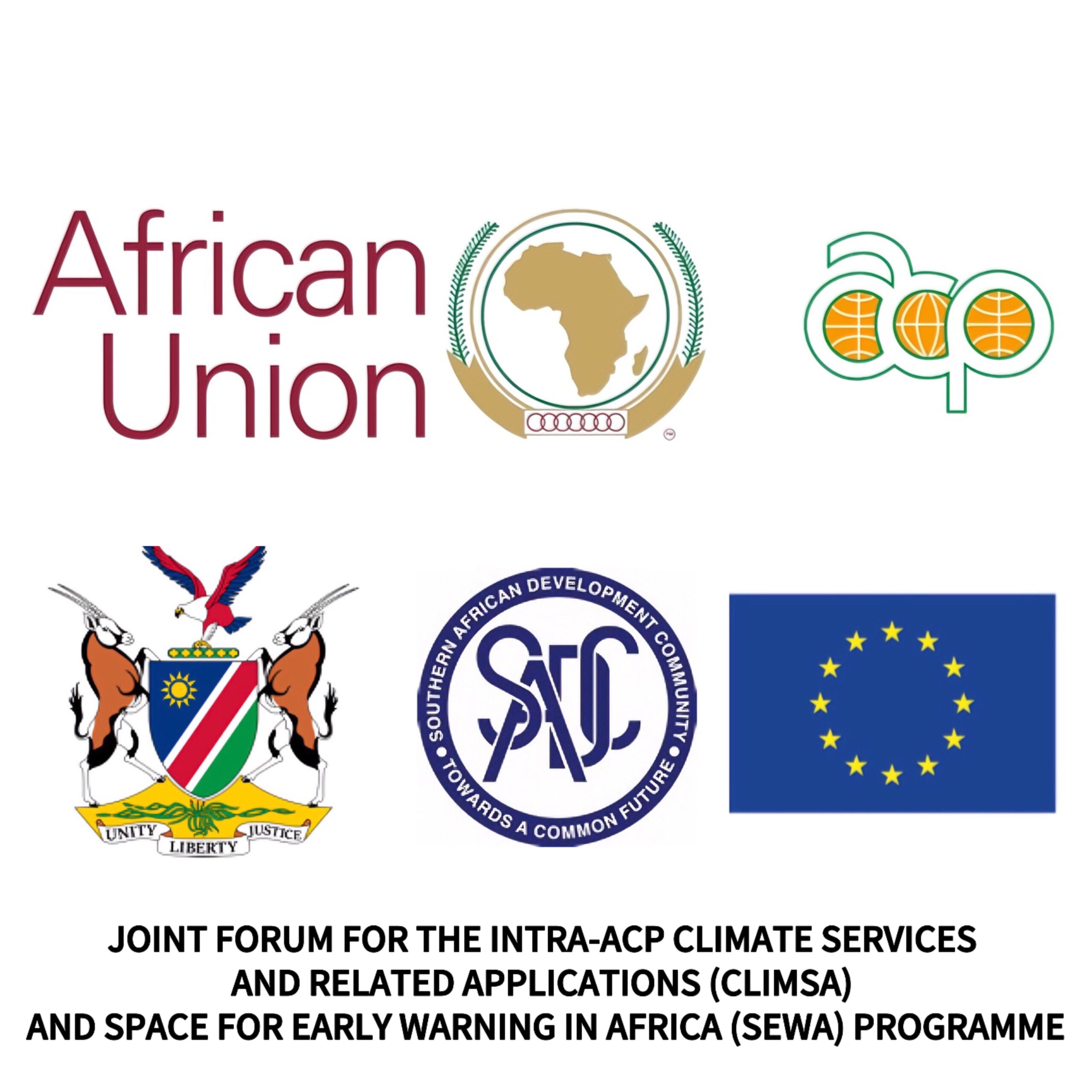
A unified front on climate resilience and sustainable development emerged as African regional institutions, the European Union (EU), and international development partners gathered in Windhoek for the Joint Forum of the Intra-ACP Climate Services and Related Applications (ClimSA) and the Space for Early Warning in Africa (SEWA) programmes.
Held at the Movenpick Hotel, the forum brought together stakeholders from across Africa, the Caribbean, and the Pacific to explore collaborative solutions to rising climate threats. Central themes included improving early warning systems, enhancing climate services, and advancing water resource management.
EU Reaffirms Commitment to Africa’s Climate Readiness
Speaking at the opening ceremony, H.E. Ana Beatriz Martins, EU Ambassador to Namibia, reaffirmed the EU’s steadfast support for climate action across the continent. She highlighted the EU’s €85 million investment in the ClimSA programme, of which €52 million directly targets Sub-Saharan Africa.
“This event is a unique opportunity to reflect on our joint efforts to build climate resilience across Africa,” said Ambassador Martins. “Through ClimSA, countries are better prepared to face the growing threats of droughts, floods, heatwaves, and other climate hazards.”
Now in its fifth year, the ClimSA programme has successfully deployed 40 climate observation stations across Africa, bolstering the capacity of national meteorological services. These initiatives are further supported by European institutions such as EUMETSAT and the Joint Research Centre through the Copernicus Earth Observation Programme.
Martins emphasized the alignment of EU interventions with Africa’s climate ambitions, including support for the African Union’s Africa Multi-Hazard Early Warning and Early Action System (AMHEWAS) and the broader €1 billion Team Europe Initiative on Adaptation and Resilience.
“Climate services and early warnings save lives and livelihoods,” she added. “No single country or organisation can tackle the climate crisis alone. Partnership and solidarity remain key.”
African Union: Climate Services Are Strategic Investments
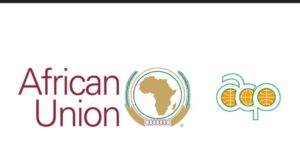
Representing the African Union Commission, H.E. Moses Vilakati, Commissioner for Agriculture, Rural Development, Blue Economy and Sustainable Environment (ARBE), called on African nations to treat climate services as essential strategic investments rather than financial burdens.
“Africa is more vulnerable than ever to the impacts of extreme weather,” Vilakati said. “Key sectors like agriculture, water, and infrastructure are already suffering widespread losses and damages.”
Vilakati referenced recent Intergovernmental Panel on Climate Change (IPCC) findings pointing to accelerated biodiversity loss, reduced water availability, food insecurity, and economic stagnation, especially in countries heavily dependent on rain-fed agriculture.
He underscored the importance of ClimSA and SEWA in closing technical gaps within National Meteorological and Hydrological Services (NMHSs) and urged governments to increase domestic investment in these institutions. He also advocated for prioritizing support to vulnerable populations, especially women-led households and rural communities.
“The African Union Commission remains committed to pan-African resilience,” he affirmed, commending the EU for its financial and technical support while encouraging further international collaboration.
SADC Spotlights Water Management in Climate Adaptation
The Southern African Development Community (SADC) highlighted the critical role of water resource management in climate adaptation, noting that shared water systems require collective solutions, particularly in the face of worsening weather variability.
SADC representatives emphasized early warning systems for water-related disasters, investment in water-efficient infrastructure, and stronger regional data-sharing networks. They also stressed the need to integrate climate data into water planning and agricultural policy.
“Climate-resilient water management is not just a necessity—it is a regional imperative,” said a SADC official. “This forum provides a valuable platform to align our strategies and move toward water security together.”
Looking Ahead: Partnership and Action
As the ClimSA-SEWA Forum continues, it is expected to yield actionable commitments that will shape Africa’s climate adaptation trajectory in the coming years. From expanding climate information access to reinforcing cross-border cooperation, the forum underscores the transformative potential of unified action.
The participation of the African Union Commission, European Union, SADC, World Meteorological Organization (WMO), European Centre for Medium-Range Weather Forecasts (ECMWF), and other technical partners marks a growing consensus: that regional and global partnerships are essential to transforming climate vulnerability into long-term resilience.



